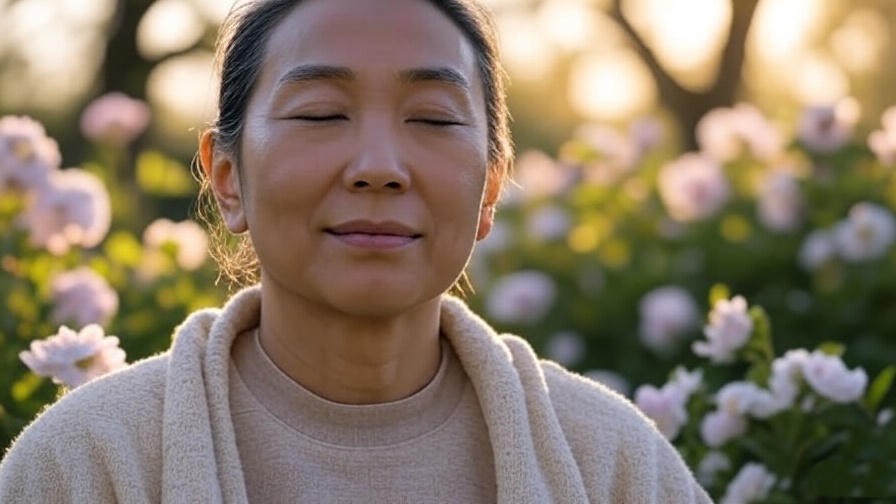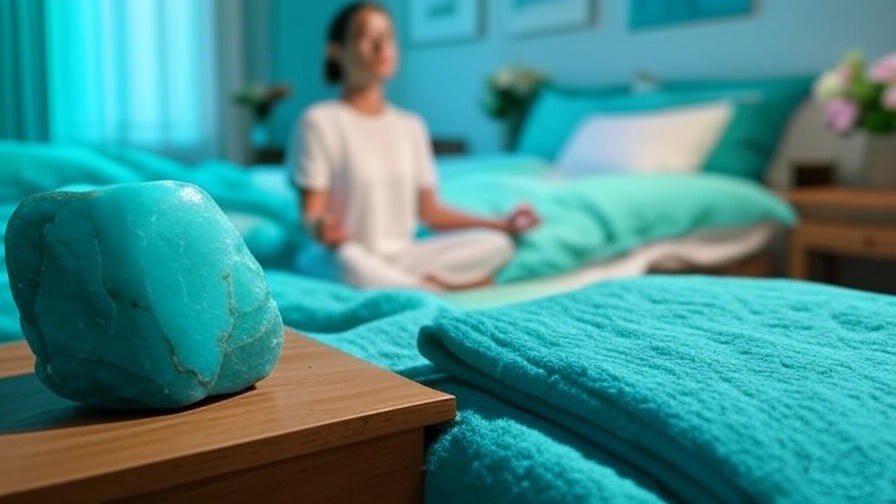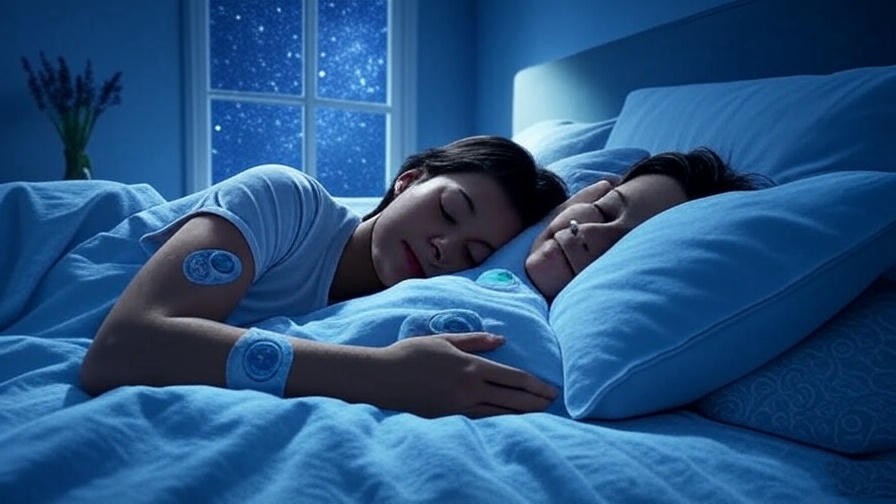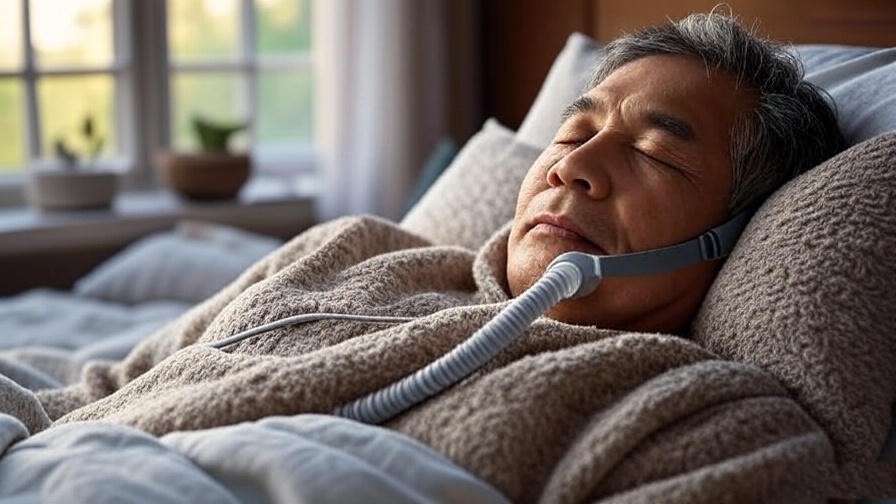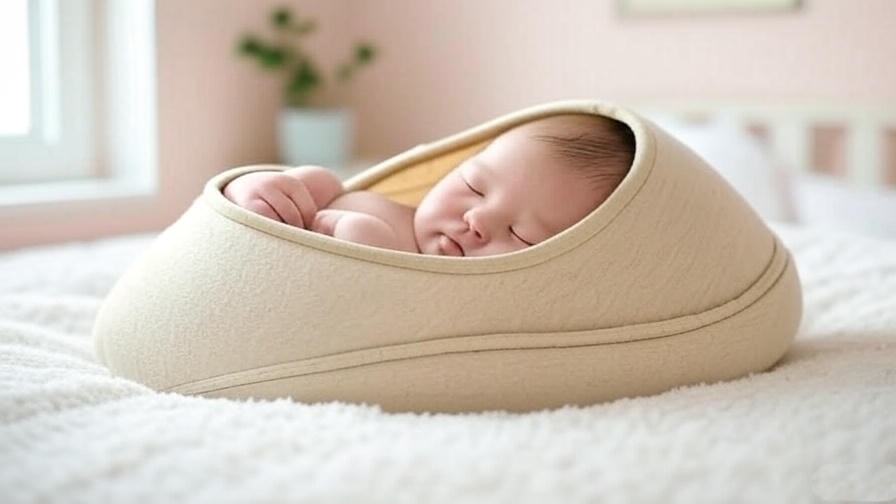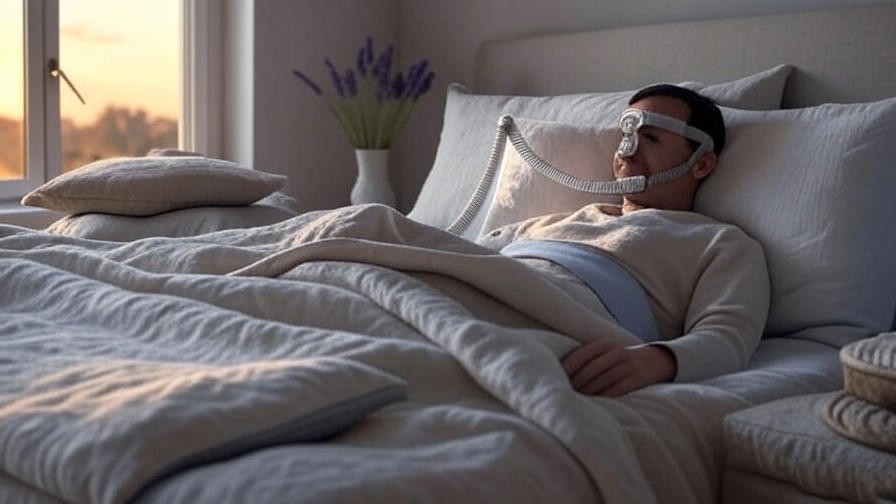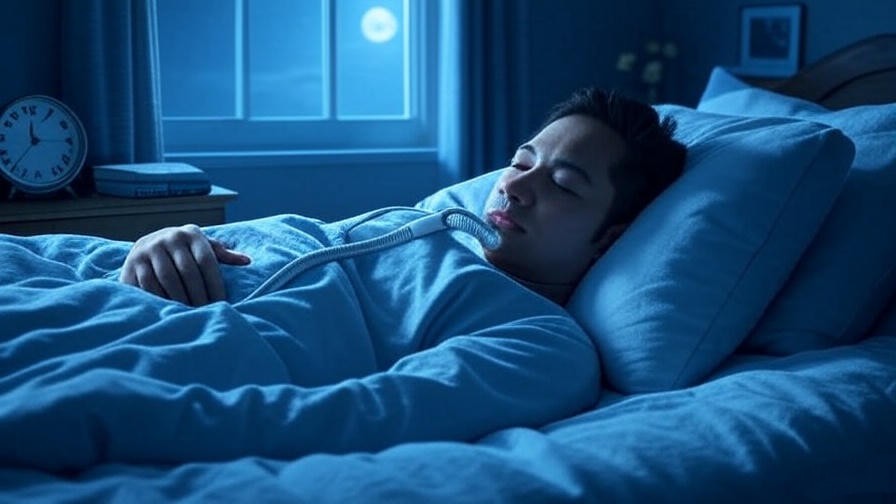Imagine waking up with a sore jaw, throbbing headache, or the unsettling realization that your teeth feel worn down. For millions, this is the daily reality of bruxism—teeth grinding or clenching during sleep. This common condition disrupts your rest, damages your teeth, and dims your overall well-being. A night guard sleep right solution can transform your nights, protecting your teeth and paving the way for restorative sleep. In this comprehensive guide, we’ll explore how night guards work, how to choose the right one, and how they fit into a holistic approach to better sleep and health. Backed by expert insights and practical tips, this article will empower you to take control of your sleep quality tonight.
What Is Bruxism and Why Does It Matter?
Understanding Bruxism
Bruxism is the involuntary grinding or clenching of teeth, often during sleep, affecting an estimated 10-20% of adults, according to the American Dental Association (ADA). This condition can occur sporadically or chronically, driven by stress, misaligned teeth, or underlying sleep disorders. While some may grind their teeth without noticeable symptoms, others experience significant discomfort that impacts daily life.
Symptoms and Consequences
Bruxism manifests through various symptoms, including:
- Jaw pain or stiffness: Often worse in the morning, making it hard to chew or speak comfortably.
- Headaches: Tension headaches, particularly around the temples, are common.
- Tooth damage: Worn enamel, chipped teeth, or increased sensitivity signal grinding.
- Sleep disruption: Grinding can wake you or your partner, interrupting deep sleep cycles.
If untreated, bruxism can lead to severe dental issues, such as cracked teeth, receding gums, or temporomandibular joint (TMJ) disorders. Dr. Sarah Thompson, a board-certified dentist, notes, “Bruxism doesn’t just harm teeth—it creates a cascade of problems, from chronic pain to costly dental repairs.”
Why Sleep Quality Suffers
Sleep is the cornerstone of physical and mental health, yet bruxism undermines it. Grinding disrupts the natural progression of sleep cycles, particularly the restorative REM and deep sleep stages. This leads to daytime fatigue, reduced focus, and heightened stress—exacerbating the grinding cycle. Poor sleep also affects mood, immunity, and overall wellness, making bruxism a critical issue to address for holistic well-being.
How a Night Guard Helps You Sleep Right
What Is a Night Guard?
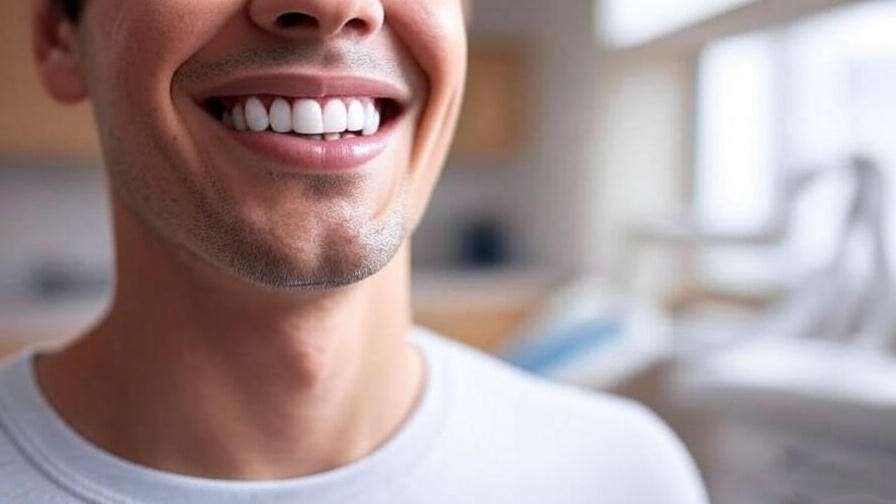
A night guard is a dental appliance worn over the teeth during sleep to prevent grinding and clenching. Made from durable materials like medical-grade plastic or silicone, night guards create a protective barrier between upper and lower teeth, reducing strain on the jaw and preventing dental damage. They come in various forms, tailored to different needs and budgets.
Benefits for Sleep and Health
Night guards offer multiple benefits:
- Tooth protection: They prevent enamel wear, chips, and cracks, preserving dental health.
- Pain relief: By cushioning the jaw, night guards reduce soreness and tension headaches.
- Improved sleep: Less grinding means fewer sleep disruptions, promoting deeper rest.
- Stress reduction: Better sleep supports emotional balance, aligning with holistic wellness goals.
A 2023 study in the Journal of Dental Research found that 85% of bruxism patients reported improved sleep quality after consistent night guard use.
Types of Night Guards
Night guards vary in design and cost:
- Custom-fitted: Molded by a dentist for a precise fit, ideal for severe bruxism ($200-$800).
- Boil-and-bite: Softened in hot water and shaped to your teeth, offering a balance of affordability and fit ($20-$100).
- Stock night guards: Pre-made and less customizable, suitable for mild cases but less comfortable ($10-$50).
Tip: Consult a dentist to determine the best night guard type for your symptoms. Severe grinders may need custom options to avoid complications.
Choosing the Right Night Guard for You
Factors to Consider
Selecting a night guard involves evaluating:
- Material: Soft guards are comfortable for mild grinding; hard guards are durable for severe cases.
- Fit: A snug fit ensures effectiveness and comfort during sleep.
- Durability: High-quality materials last longer, reducing replacement costs.
- Budget: Weigh the cost against long-term dental savings.
Medical-grade materials, free from BPA or allergens, are essential for safety. Comfort is key—poorly fitting guards can worsen sleep issues.
Custom vs. Over-the-Counter
Custom night guards, crafted from dental impressions, offer unmatched precision and comfort, making them ideal for chronic bruxism. Over-the-counter (OTC) options, like boil-and-bite guards, are more accessible and work well for mild to moderate cases. However, stock guards often lack proper fit, leading to discomfort or reduced effectiveness. Dr. Michael Chen, a sleep dentistry expert, advises, “Investing in a custom guard can save thousands in dental repairs over time.”
Where to Buy
Purchase night guards from trusted sources:
- Dentists: Offer custom fittings and professional guidance.
- Pharmacies: Stock reputable OTC brands like DenTek or SleepRight.
- Online retailers: Choose well-reviewed products from established brands, avoiding low-quality knockoffs.
Warning: Cheap, unregulated guards may contain harmful materials or wear out quickly, compromising protection.
How to Use a Night Guard for Optimal Results
Proper Fitting and Adjustment
For boil-and-bite guards:
- Boil water and let it cool slightly (to avoid burns).
- Submerge the guard for the recommended time (usually 10-20 seconds).
- Place it in your mouth and bite gently to mold it to your teeth.
- Cool in cold water to set the shape.
Custom guards require a dental visit for impressions and fitting. Follow your dentist’s instructions for adjustments to ensure comfort.
Nightly Routine
Incorporate your night guard into a calming bedtime routine:
- Clean your teeth thoroughly before use.
- Rinse the guard with water or a mild cleanser.
- Store it in a ventilated case to prevent bacterial growth.
- Use it consistently, even on low-stress nights, to maintain protection.
Common Mistakes to Avoid
Avoid these pitfalls:
- Neglecting hygiene: Unclean guards can harbor bacteria, risking oral infections.
- Ignoring discomfort: Persistent pain may indicate a poor fit—consult a dentist.
- Inconsistent use: Sporadic use reduces effectiveness and prolongs symptoms.
Case Study: Emily, a 34-year-old teacher, struggled with morning jaw pain and poor sleep due to bruxism. After using a custom night guard consistently for two weeks, she reported reduced pain, better sleep, and improved focus at work.
Enhancing Sleep Quality Beyond the Night Guard
Complementary Sleep Hygiene Practices

While a night guard addresses the physical effects of bruxism, improving sleep quality requires a holistic approach. Incorporating relaxation techniques can reduce stress-related grinding. Consider these practices:
- Meditation: A 10-minute guided meditation before bed can calm the mind, reducing tension that fuels bruxism. Apps like Calm or Headspace offer sleep-focused sessions.
- Deep breathing exercises: Practice diaphragmatic breathing to lower stress hormones and promote relaxation.
- Progressive muscle relaxation: Tense and release muscle groups to ease physical tension, particularly in the jaw.
These techniques align with the principles of mindfulness, enhancing the restorative power of sleep and supporting overall well-being.
Lifestyle Changes to Reduce Bruxism
Lifestyle adjustments can minimize grinding triggers:
- Stress management: Engage in activities like yoga or journaling to process daily stressors. Chronic stress is a leading cause of bruxism, per a 2022 study in Sleep Medicine Reviews.
- Limit stimulants: Reduce caffeine and alcohol intake, especially in the evening, as they can heighten muscle activity and disrupt sleep.
- Consistent sleep schedule: Go to bed and wake up at the same time daily to regulate your body’s circadian rhythm, reducing nighttime disturbances.
Tip Box: Create a bedtime checklist to pair with your night guard:
- Practice 5 minutes of deep breathing.
- Avoid screens 1 hour before bed.
- Use your night guard consistently.
- Keep a sleep journal to track improvements.
When to Seek Professional Help
While night guards are effective for many, persistent symptoms may indicate a need for further evaluation. Consult a dentist or sleep specialist if you experience:
- Severe jaw pain or headaches despite night guard use.
- Signs of sleep apnea, such as loud snoring or gasping during sleep.
- Ongoing fatigue or poor sleep quality.
A sleep study may be recommended to rule out underlying disorders like obstructive sleep apnea, which can mimic or exacerbate bruxism symptoms. Dr. Lisa Patel, a sleep medicine specialist, emphasizes, “Night guards are a great first step, but a comprehensive diagnosis ensures long-term relief.”
Addressing Common Concerns About Night Guards
Comfort and Adjustment Period
Adapting to a night guard takes time, typically 1-2 weeks. Initial discomfort, such as mild soreness or excessive salivation, is normal as your mouth adjusts. To ease the transition:
- Start by wearing the guard for short periods (e.g., 1-2 hours) before bedtime.
- Ensure a proper fit—consult your dentist if discomfort persists beyond two weeks.
- Use a soft-bristled toothbrush to clean the guard, avoiding irritation from residue.
If discomfort continues, a custom guard may be necessary for a better fit.
Cleaning and Maintenance

Proper hygiene extends the life of your night guard and prevents oral health issues:
- Rinse with lukewarm water after each use (avoid hot water, which can warp the material).
- Brush gently with a non-abrasive toothpaste or mild soap weekly.
- Soak in a denture cleaner or vinegar-water solution (1:1 ratio) monthly for deep cleaning.
- Store in a ventilated case to prevent bacterial growth.
Warning: Never use alcohol-based cleaners or boiling water, as they can damage the guard’s material.
Cost and Insurance
Night guard costs vary:
- Custom guards: $200-$800, depending on the dentist and materials.
- Boil-and-bite guards: $20-$100, widely available at pharmacies.
- Stock guards: $10-$50, but less effective for most users.
Many dental insurance plans cover custom night guards partially or fully if deemed medically necessary. Check with your provider for coverage details, and ask your dentist for a prescription or documentation to support claims. For OTC options, consider using a Health Savings Account (HSA) to offset costs.
Expert Insight: Dr. James Rivera, a dental insurance consultant, advises, “Always verify coverage with your insurer before committing to a custom guard—it can save hundreds.”
The Connection Between Night Guards, Sleep, and Holistic Well-Being

Sleep as a Pillar of Health
Quality sleep is foundational to physical, mental, and emotional health. It supports cognitive function, emotional resilience, and immune health. Bruxism disrupts these benefits, but a night guard can restore balance by minimizing interruptions. According to the National Sleep Foundation, adults need 7-9 hours of quality sleep nightly to thrive—night guards help make this achievable for bruxism sufferers.
How Night Guards Support Meditation and Relaxation
Reducing physical discomfort from bruxism creates a ripple effect. Less jaw pain and better sleep enhance your ability to engage in mindfulness practices like meditation or yoga. For example, a relaxed jaw makes it easier to focus during guided visualizations, deepening their calming effect. This synergy aligns with holistic wellness, a core focus of this website’s mission to promote happiness and balance.
Long-Term Benefits
Consistent night guard use offers lasting rewards:
- Dental savings: Preventing tooth damage avoids costly repairs (e.g., crowns, implants).
- Improved energy: Better sleep boosts daytime vitality and productivity.
- Emotional well-being: Reduced pain and fatigue support a positive mood and stress resilience.
Example: Mark, a 42-year-old graphic designer, struggled with chronic headaches and poor sleep due to bruxism. After using a custom night guard for three months, he reported fewer headaches, deeper sleep, and renewed energy for his creative work and family life.
FAQs About Night Guards and Bruxism
How do I know if I need a night guard?
Symptoms like jaw pain, worn teeth, or morning headaches suggest bruxism. A dentist can confirm through an oral exam or by noting wear patterns on your teeth.
Can a night guard help with snoring or sleep apnea?
Night guards primarily address bruxism, not snoring or sleep apnea. However, some custom guards can be designed to adjust jaw position for mild apnea—consult a sleep specialist.
How long does a night guard last?
Custom guards last 3-5 years with proper care; OTC guards may last 6-12 months, depending on material and grinding severity.
Are there alternatives to night guards for bruxism?
Alternatives include stress management, dental corrections (e.g., orthodontics for misalignment), or Botox injections for severe cases. Consult a dentist to explore options.
Can I use a night guard with braces or dental work?
Custom guards can be made for braces or restorations, but OTC guards may not fit properly. Discuss with your dentist to ensure compatibility.
Conclusion
Bruxism doesn’t have to rob you of restful sleep or damage your teeth. A night guard offers a simple, effective solution to protect your oral health and enhance sleep quality, paving the way for better overall wellness. By choosing the right guard, using it consistently, and pairing it with stress-reducing habits, you can wake up refreshed and pain-free. Take the first step today—consult your dentist, explore night guard options, or dive into our other resources on sleep, meditation, and holistic well-being. Better sleep means a happier, healthier you.






